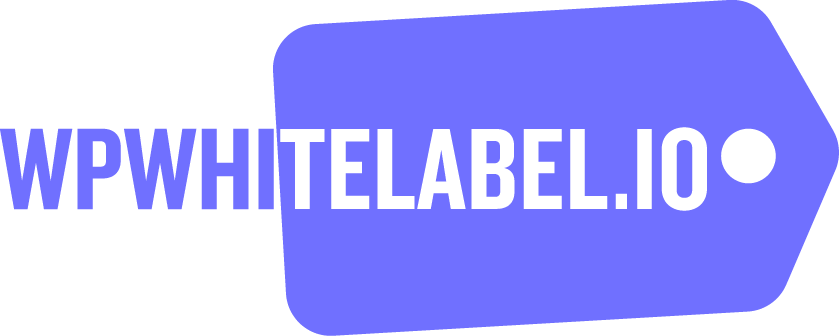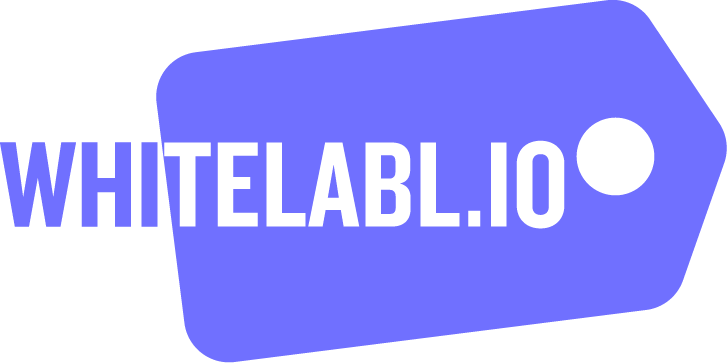White label WordPress development allows agencies and freelancers to offer a broader range of services without building everything from scratch. However, this business model comes with legal and ethical considerations that are important to understand. Ensuring compliance with legal requirements and maintaining ethical practices not only protects your business but also builds trust with clients and enhances your reputation. Here’s a comprehensive guide on the legal and ethical considerations for white label WordPress development.
1. Intellectual Property and Copyright
One of the primary legal concerns in white label WordPress development is intellectual property (IP) and copyright. When you work with a white label provider, it’s crucial to establish clear ownership of the work produced. Consider the following:
- Ownership of Work: Ensure that your agreement with the white label provider clarifies who owns the rights to the work created. Typically, you should own the IP rights to the websites, designs, or other deliverables.
- Use of Third-Party Content: Be aware of third-party content, such as images, fonts, and plugins, used in the development process. Ensure that proper licenses are obtained and that there’s no infringement of copyright or trademark laws.
- Copyright Compliance: Make sure your white label provider follows copyright laws when creating content, design elements, or software components. Avoid using pirated software or unlicensed assets.
Establishing clear ownership and compliance with copyright laws helps protect you from legal disputes and ensures that you’re delivering legitimate products to your clients.
Read: White Label WordPress Development for Digital Agencies
2. Non-Disclosure Agreements (NDAs) and Confidentiality
Confidentiality is critical when working with a white label provider. You may be sharing sensitive business information, client data, or proprietary processes. To safeguard this information, consider the following:
- Non-Disclosure Agreements (NDAs): An NDA is a legal agreement that prevents parties from disclosing confidential information. Ensure that your white label provider signs an NDA to protect your business secrets and client data.
- Confidentiality Clauses: Include confidentiality clauses in your contracts with white label providers and clients to maintain privacy and protect sensitive information.
- Data Protection: Ensure that the white label provider follows best practices for data protection and security, especially if they handle client data or personal information.
NDAs and confidentiality clauses are essential for maintaining trust and protecting your business’s sensitive information.
Learn: How to Build a Successful White Label Partnership
3. Service Level Agreements (SLAs) and Contracts
A clear and detailed contract is crucial when working with a white label provider. It helps define the scope of work, deliverables, timelines, and other important terms. Consider including the following in your contracts:
- Service Level Agreements (SLAs): An SLA outlines the expected level of service, including quality standards, project timelines, and response times for support. It sets clear expectations for both parties.
- Scope of Work: Define the scope of work, including project deliverables, milestones, and deadlines. This reduces the risk of misunderstandings and scope creep.
- Payment Terms: Clearly state the payment terms, including the pricing structure, payment schedule, and any penalties for late payments or non-completion of work.
- Dispute Resolution: Include a clause for resolving disputes, whether through mediation, arbitration, or legal action. This provides a clear process for handling disagreements.
SLAs and detailed contracts help ensure that both parties understand their responsibilities and can contribute to a smoother working relationship.
Know more: How to Offer White Label WordPress Maintenance as an Agency
4. Client Relationships and Transparency
Maintaining ethical practices in client relationships is crucial for building trust and a positive reputation. Consider the following when working with white label development:
- Transparency with Clients: Be transparent with clients about your use of white label services. Explain that you’re outsourcing some or all of the development work while ensuring quality and ownership.
- Avoid Misrepresentation: Do not mislead clients about your capabilities or claim ownership of work produced by the white label provider without proper acknowledgment.
- Quality Assurance: Implement robust quality assurance processes to ensure that the work delivered to clients meets or exceeds expectations. This helps maintain client satisfaction and loyalty.
Being transparent and honest with clients is essential for ethical business practices and long-term success.
5. Ethical Considerations and Social Responsibility
Ethical considerations extend beyond legal requirements. Consider how your business practices impact the broader community and society. Here are some ethical considerations to keep in mind:
- Fair Labor Practices: Ensure that your white label provider follows fair labor practices, including fair wages, reasonable working hours, and safe working conditions.
- Environmental Responsibility: Consider the environmental impact of your business operations, such as energy usage, waste reduction, and sustainability initiatives.
- Accessibility and Inclusivity: Strive to create accessible and inclusive websites that meet accessibility standards, ensuring that all users can access your clients’ content.
Ethical practices contribute to a positive business reputation and demonstrate social responsibility.
Also read: How White Label WordPress Development Helps Agencies Thrive
Conclusion
White label WordPress development offers many opportunities for growth, but it also comes with legal and ethical considerations. By addressing the above, you can ensure compliance with legal requirements and maintain high ethical standards.
Implementing these considerations in your business operations protects you from legal disputes, builds trust with clients, and enhances your reputation in the industry. Ultimately, a commitment to legal and ethical practices is essential for long-term success in white label WordPress development.



